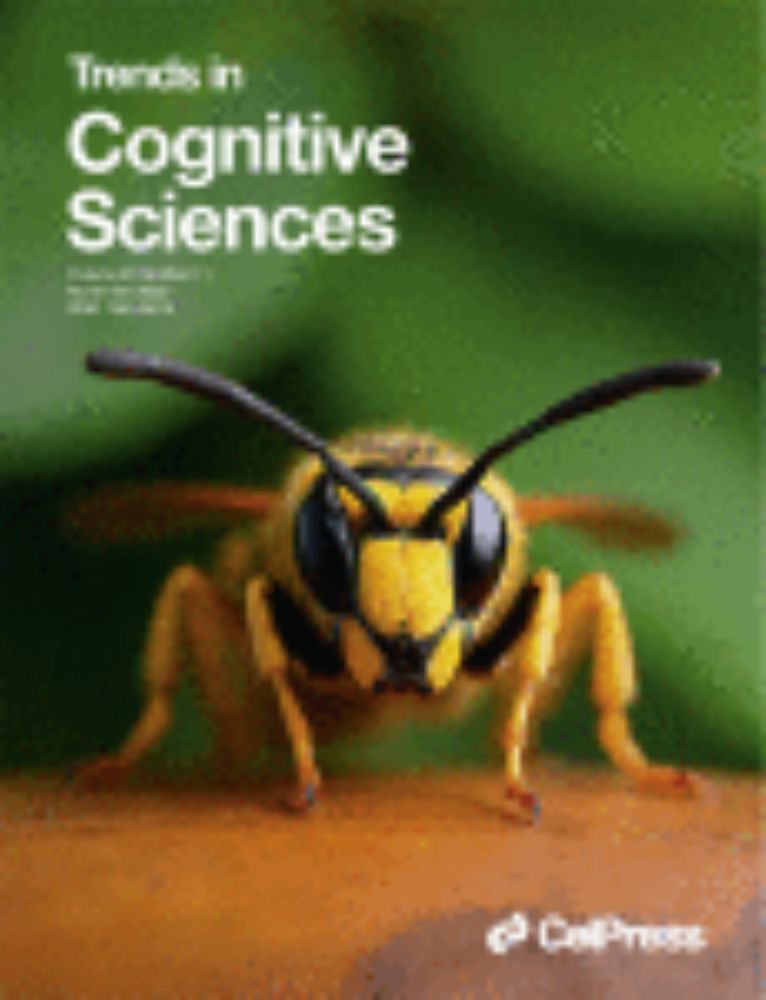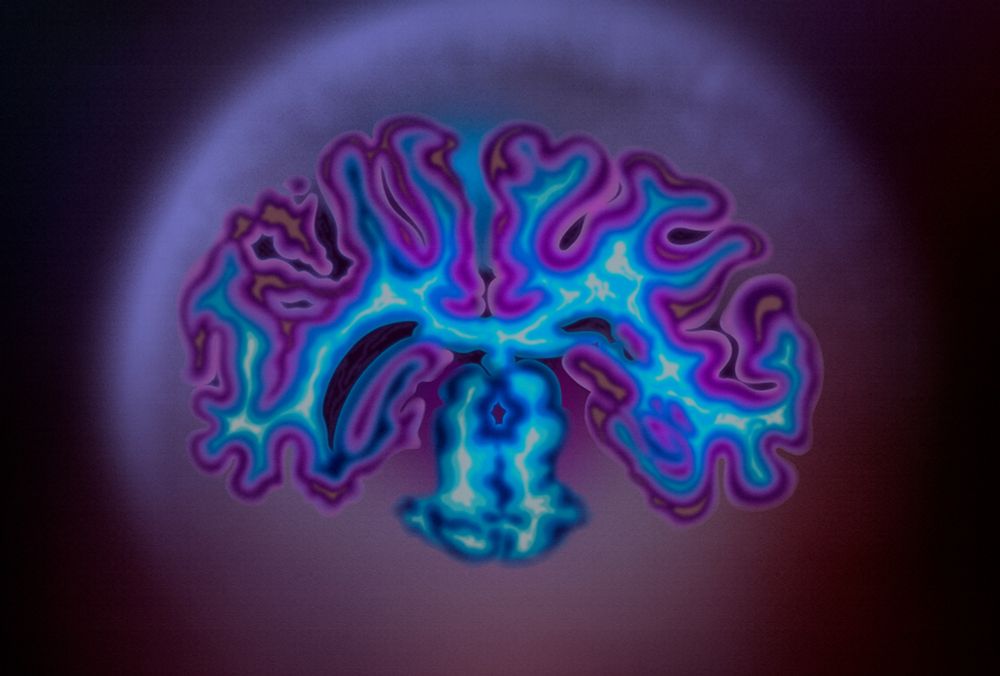


Through the MIT Consciousness Club, professors Matthias Michel and Earl Miller are exploring how neurological activity gives rise to human experience.
news.mit.edu/2025/science...
#neuroscience

Through the MIT Consciousness Club, professors Matthias Michel and Earl Miller are exploring how neurological activity gives rise to human experience.
news.mit.edu/2025/science...
#neuroscience

youtu.be/7OFb-NG3jIw
#neuroscience

youtu.be/7OFb-NG3jIw
#neuroscience
This study aimed to investigate how working memory interacts with perception at the behavioral level. We examined whether working memory modulates subjective perception when the general capacity for perceptual processing is kept constant.
1/
This study aimed to investigate how working memory interacts with perception at the behavioral level. We examined whether working memory modulates subjective perception when the general capacity for perceptual processing is kept constant.
1/

"Reflection, Introspection, and Book" is about arguments regarding probabilistic coherence and two other principles: reflection (your probabilities today are coherent with your probabilities tomorrow) and introspection (that you know your own beliefs).
"Reflection, Introspection, and Book" is about arguments regarding probabilistic coherence and two other principles: reflection (your probabilities today are coherent with your probabilities tomorrow) and introspection (that you know your own beliefs).


W/ @lucieberko.bsky.social, @standehaene.bsky.social, R Gaillard, and A Salvador, we investigated the impact of ketamine on conscious processing and attention in healthy subjects.
Check the preprint!
www.biorxiv.org/content/10.1...
🧠🧪

W/ @lucieberko.bsky.social, @standehaene.bsky.social, R Gaillard, and A Salvador, we investigated the impact of ketamine on conscious processing and attention in healthy subjects.
Check the preprint!
www.biorxiv.org/content/10.1...
🧠🧪

#neuroskyence
bit.ly/47MXYLH

#neuroskyence
bit.ly/47MXYLH

Greenberg’s (2023) way of making the iconic/symbolic distinction, as consisting in the different rules which state the semantic contents of signs, seems pretty popular. And it’s pretty neat.
(1/8)
Greenberg’s (2023) way of making the iconic/symbolic distinction, as consisting in the different rules which state the semantic contents of signs, seems pretty popular. And it’s pretty neat.
(1/8)
Computational modelling shows evidence in support of both sensory and frontal theories of consciousness
academic.oup.com/nc/article/2...
#consciousness
🧠🧪

Computational modelling shows evidence in support of both sensory and frontal theories of consciousness
academic.oup.com/nc/article/2...
#consciousness
🧠🧪
Wednesday Nov 5th, 11am-1230pm UK time
For more info and how to join see metacoglab.org/consciousnes...

Wednesday Nov 5th, 11am-1230pm UK time
For more info and how to join see metacoglab.org/consciousnes...

In this new paper from the lab, Lorenzo Ciccione, Marie Lubineau, Theo Morfoisse and I show that 5 and 6 year olds already possess intuitions of linearity, curvature, period and compositionality.
www.sciencedirect.com/science/arti...

In this new paper from the lab, Lorenzo Ciccione, Marie Lubineau, Theo Morfoisse and I show that 5 and 6 year olds already possess intuitions of linearity, curvature, period and compositionality.
www.sciencedirect.com/science/arti...
www.sciencedirect.com/science/arti...
#neuroscience

www.sciencedirect.com/science/arti...
#neuroscience


Recent reports showed violations of Bloch's law (aka intensity-duration reciprocity) in visual perception.
Me and @axc.bsky.social reassessed these violations using a modern LCD-based tachistoscope:
doi.org/10.31234/osf...
Recent reports showed violations of Bloch's law (aka intensity-duration reciprocity) in visual perception.
Me and @axc.bsky.social reassessed these violations using a modern LCD-based tachistoscope:
doi.org/10.31234/osf...

